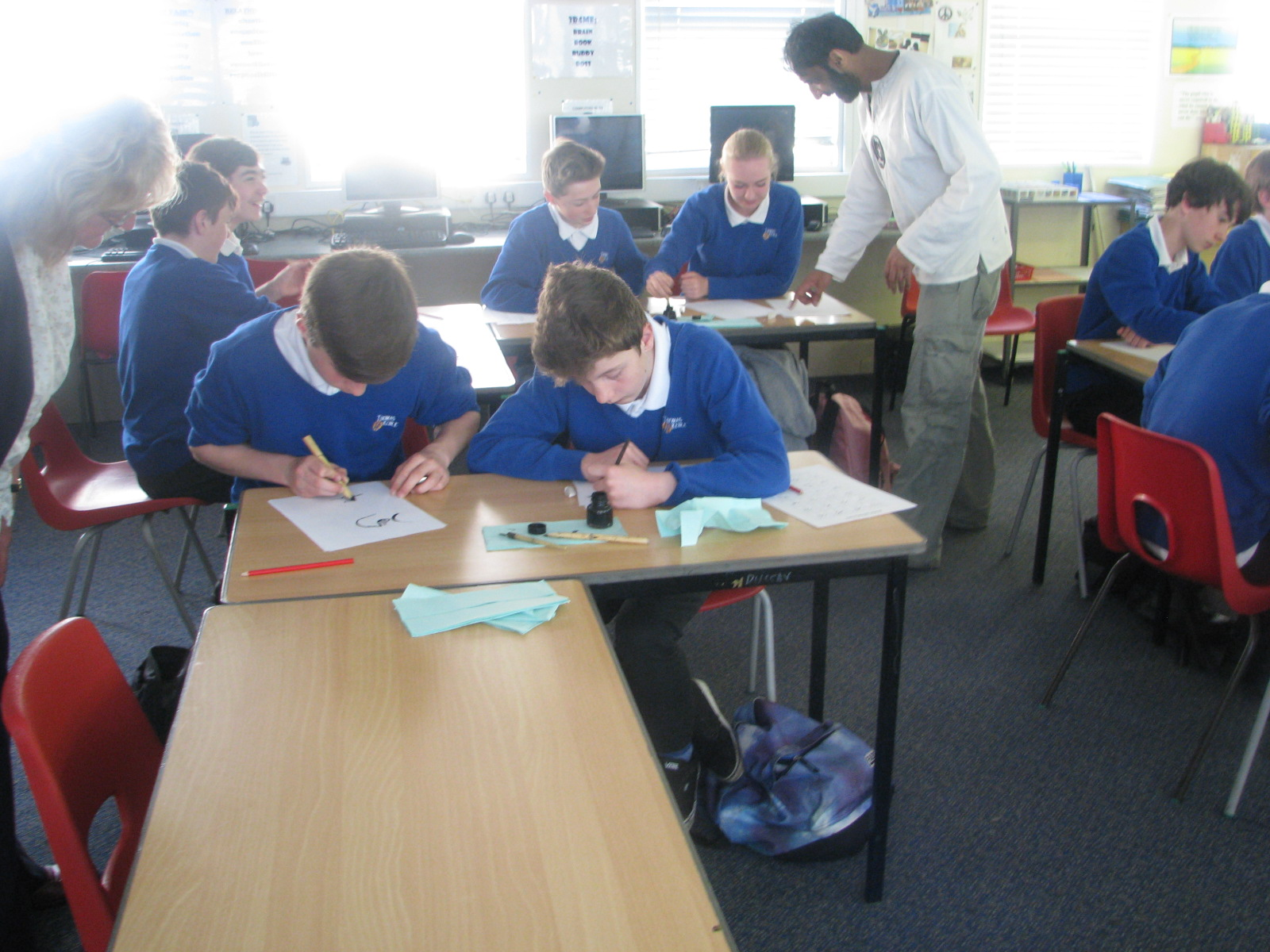RPE
|
Lesson time |
2 hours per fortnight |
|
Homework |
1 per fortnight- 30 minutes a piece |
|
Assessment |
End of unit assessments and one formal exam per year in exam week |
|
|
Term 1 |
Term 2 |
Term 3 |
Term 4 |
Term 5 |
Term 6 |
|
Year 7 |
The Island |
The Island |
What is my worldview? |
Founders of Faith: The Buddha |
Founders of Faith: Jesus |
How does a person’s spirituality impact their art? |
|
Year 8 |
Founders of Faith: Guru Nanak |
Should Christians be greener than everyone else? |
Founders of Faith: Muhammad |
Is there a God? |
Is there a God? /Why is there suffering? |
Why is there suffering? |
|
Year 9 |
Good, bad, right, wrong? How do I decide? |
What is Humanism? |
Is there a life after death? |
Is there a life after death? |
Issues of Good and Evil |
Issues of Good and Evil |

